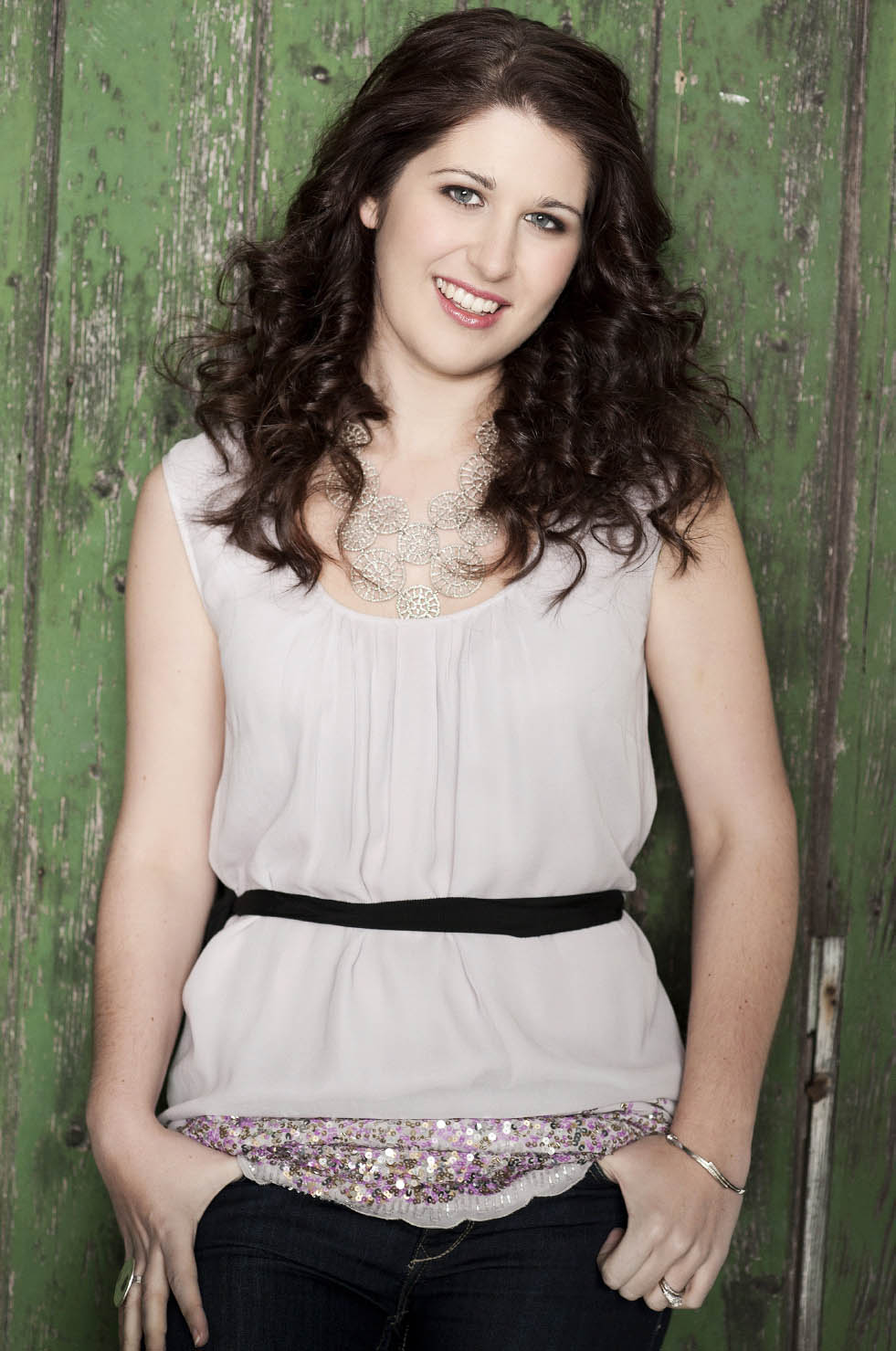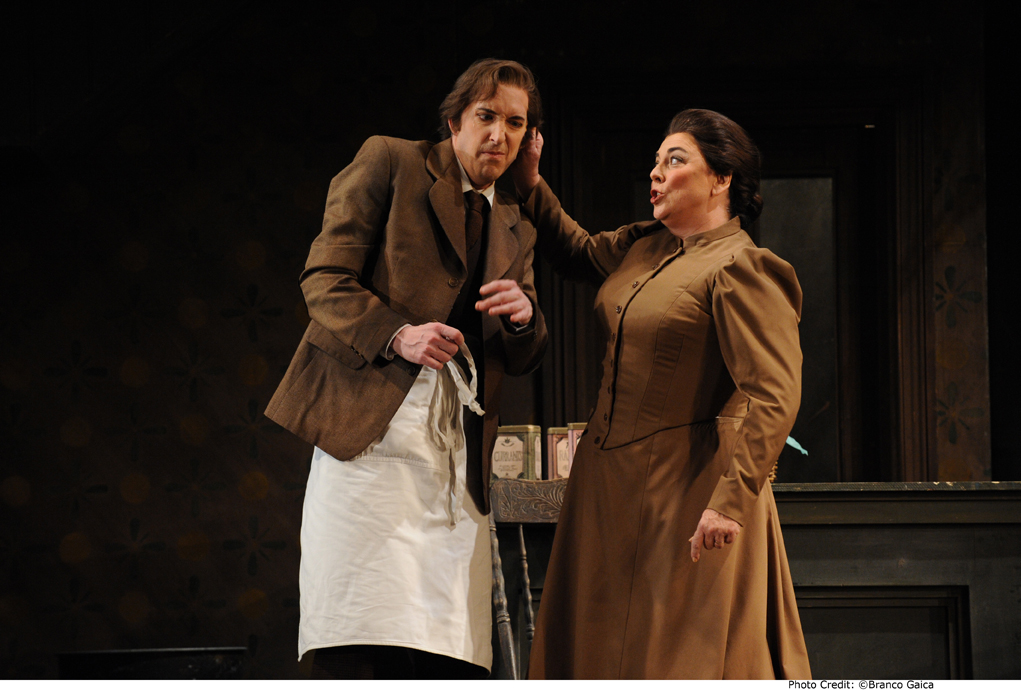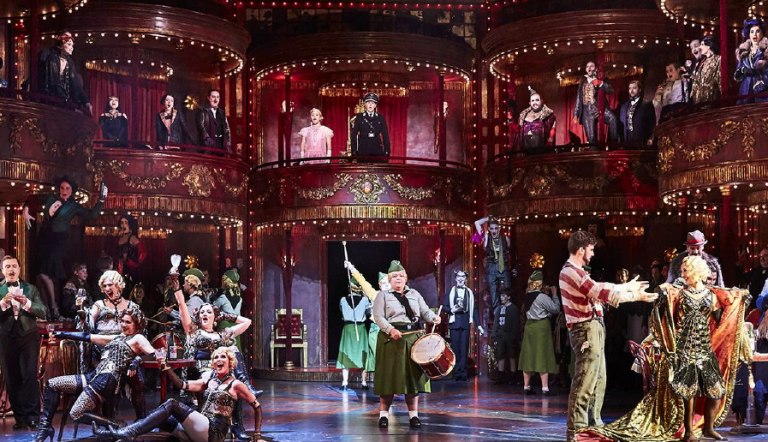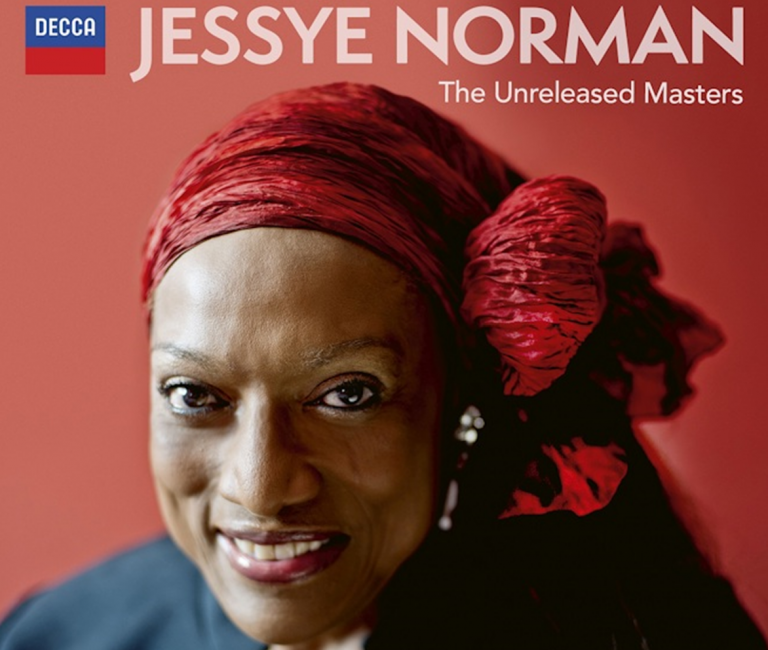Wishing On A Star – Inside Opera Australia’s Young Artist Program
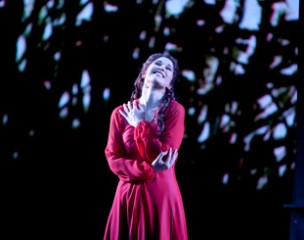
A few informal conversations with emerging young professionals revealed to me that one of the most important aspects of their career path was ‘on-the-job’ experience whilst in the workforce. Be it corporate life, a trade or medicine, ‘hands-on’ professional training is critical.
But what of the performing arts -in particular, opera? How is a singer groomed for the stage and the gimlet eye of the critic? A performance ready singer needs to have mastered the finer details of words, music, language and movement; acquired the professionalism to work with seasoned singers; and overcome ‘stage fright’. All this whilst keeping pace with their uniquely individual vocal development, walking the tightrope between suitable and unsuitable roles and self-confidence intact.
Enter Opera Australia’s (OA) Moffatt Oxenbould Young Artist Program, (YAP) initiated in 1984 by the company’s then Artistic Director who anticipated that with the opening of the Sydney Opera House in 1973, OA’s parent company, The Australian Opera needed to develop a pool of talent that could sustain the art form in Australia. “It was…clear… that the artistic base of the company would have to be strengthened and that we needed to find a way to develop young singers to be part of ….the company’s future” he wrote.
With the YAP, the company could offer young artists a training path which covered all aspects of operatic performance. What makes the YAP different to tertiary or private study is that the singers are paid and are cast in OA productions giving them invaluable real-life experience alongside established professionals. Unlike their cold and hungry alter-egos in La Boheme, the opportunities afforded these young artists make OA on a par with other programs around the world like The Jette Parker Young Artists’ Program at the Royal Opera, Covent Garden, the Lindemann Young Artist Development Program at New York’s Metropolitan Opera, the Merola Program in San Francisco and the HGO Studio at Houston Grand Opera – just some of the companies offering similar opportunities.
Since its inception, the YAP has produced alumni of whom it can be justifiably proud – among them Jeffrey Black, Lisa Gasteen, Emma Matthews, Amelia Farrugia, Catherine Carby, Warwick Fyfe, Hye Seoung Kwon and Jacqueline Dark. Whist most positions have gone to singers, conductors Antony Walker and Paul Kildea and repetiteur Estella Roche are some of the exponents of related specialties which are also covered by the program.
Now directed by Andrew Greene, the YAP accepts up to eight young artists each year who spend up to two years growing from ugly duckling to swan. They attend language coaching in Italian, French and German, coaching with Greene, David Harper and other music staff, masterclasses and workshops with singers and conductors from here and abroad, lessons in stagecraft and also give solo recitals.
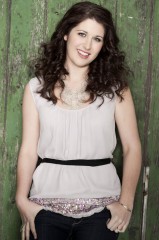
Soprano Nicole Car has a voice of precocious power and beauty and completed the YAP in 2012. Despite her relatively tender years, she dazzled in her performance as Tatiana in Eugene Onegin earlier this year. Her portrayals of Mimi, Micaela and Leila – just some of the roles she has sung for OA – have also thrilled audiences.
Car graduated in music from Victorian College of the Arts. She won the 2007 Herald-Sun Aria competition, the 2012 ASC Opera Awards and the 2013 International Neue Stimmen competition in Germany. “If you want to work in Australia as a professional opera singer the OA YAP is the best way to get the training that you need. For me it provided some incredible opportunities both on and off stage to learn with some really fantastic coaches as well as to be able to perform. It’s only when you’re working for a professional company that you experience what it means to be performing on stage.”
Refreshingly frank, Car confesses to inevitable doubts on occasion. “Of course there were times when I was unsure about a role suggested to me or repertoire that I thought I shouldn’t sing. But it was reassuring to have the support of people like Lyndon Terracini, Tony Legge and Andrew Greene. Being in the YAP meant that there was always someone I could ask for advice.”
Since leaving the YAP, Car has been freelancing for 18 months. “After the YAP, some people become principal artists with OA. I decided to keep my options open so I could do other things like study, travel and hopefully work overseas.”
Later this year, Car will travel to the US to sing the sole of the Countess in The Marriage of Figaro for Dallas Opera. In Sydney she will sing Dona Elvira in the winter season of Don Giovanni and Adalgisa in a concert performance of Norma with Victorian Opera.
The YAP is close to the heart of OA Artistic Director Lyndon Terracini who points to the needs that the program addresses. “It’s our responsibility to identify singers with talent and to assist them to realise their potential. Australia produces a massive number of graduates and the industry can’t possibly meet all their needs so we have to be very clear in how we choose people and develop them as best we can.”
This process of recruitment is selective and discreet. “We’re very particular in whom we take. We don’t have mass auditions for the YAP. It’s more a system of referral. We hear people in a quiet way or invite them to audition.”
Terracini explains “We limit our intake because we invest in a proper way that includes music and language coaching, and classes in acting and movement in association with NIDA. Initially, they sing small roles on stage but by their second or third year we’re giving them roles that we think are suitable for them at that stage of their career. Sometimes this is to challenge them and see how they respond. In this business you can have a terrific voice but without the mental toughness to do it, the voice stands for nothing and sometimes we just have to find out if people are tough enough to survive.”
During Terracini’s tenure of just over four years at OA, around $1.4 million has been spent on the development of young artists. He emphasises “It’s a very good investment not just for OA but for the operatic form.” I asked him about the fine balance between challenging a singer and pushing them too hard. ” I speak a lot with singers about taking on roles that are too heavy for them particularly outside of OA, singing the wrong repertoire or singing incorrectly,” he says. An experienced singer with more than 40 years in the profession, Terracini is a familiar face in the opera theatre observing first hand how careers are developing and consults regularly with Anthony Legge, the company’s Associate Music Director.
It’s a generous vocational program in spite of which there are no strings attached. Terracini says ” If they want to pursue an international career I would encourage that. It’s important to grow as an artist and if you feel too comfortable then you’re not growing.”
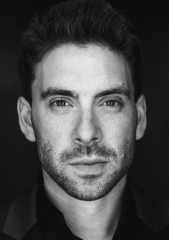
Baritone Samuel Dundas’ career has taken a different track to Car’s. On completing the YAP in 2011, he stayed with the company as a full-time principal. He acknowledges that the YAP has been the most significant developmental step for him.
Whilst the emphasis is on the emerging singers learning from the more experienced ones, Dundas points out that in reverse, “The YAP is a vital means of integrating and nurturing younger people into the company life cycle. I think nurturing is certainly one of the aspects f the program. It gives young people opportunities without necessarily burdening them in those first years.”
“Don’t get me wrong – we work incredibly hard” he reassures me laughing, “with 5-6 operas in the first year and 6 in the second. There is no typical working week, but there can be as many as 10-12 calls in a week – that’s 6 hours a day 6 times a week in addition to learning your role and individual practice. However, taking on huge role responsibilities is not expected. I’ve always felt very supported by the company and the program. The educational benefits are a lot harder to come by when you’re just a working member of the company,” he explains.
“It would be very easy to coast along in the YAP with the security of a salary and performance opportunities but for me it was the chance to take advantage of what was on offer because it was a rare time in my career when I could focus on recognising my deficiencies and doing everything I could to strengthen them and get them to where I wanted them to be.”
Has Dundas ever been faced with considering a role that might have been too ambitious for his years? ” Before I joined the YAP” he recounts, “I was offered the role of Don Giovanni. I was just 26. For months I teetered on the edge of whether I should or shouldn’t do it – I ended up accepting the role and it was an important experience. I learnt a great deal about the work involved in learning a major role like ‘the Don’. But I’ve also thought that if I’d had my time again I wouldn’t have taken it. Shortly after, I joined the OA YAP. They have been incredibly generous and intelligent in the roles that they’ve given me. I’ve been challenged, but they haven’t given me anything that I wasn’t ready for and I am very fortunate that’s been the case.”
Dundas is living proof of the many facets of the YAP, proving himself the consummate artist combining impeccable comic acting with marvellous singing in his role as the poet Prosdocimo in OA’s The Turk in Italy earlier this year. Later engagements include, Carmina Burana with the Adelaide Symphony Orchestra, Belcore in the winter season of The Elixir of Love and Dottore Malatesta in Don Pasquale in Melbourne at the end of the year.
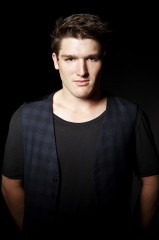
New Zealand born tenor Jonathan Abernethy is one of the rare exceptions to the mould, having studied business and not music at university although he grew up singing and learning music. Now in his second year of the YAP he is on a juggernaut from working in the corporate sector to the stage of the Sydney Opera House in just three years. “When I went to University Mum promised she’d pay for my singing lessons if only I’d just go so I had one lesson a fortnight and that was my practice, my lesson and my performance all in one!”
It was whilst working in IT that Abernethy attended a summer school for singers in New Zealand where he was spotted by OA principal Conal Coad who arranged for Abernethy to audition in Sydney. “Until then,” says Abernethy, ” I had no formal voice training. I came to Australia about 8 months after meeting Conal. Don Giovanni opened the night after my audition for OA, with Conal singing Leporello. I was invited to the after party and it was there that Lyndon Terracini offered me a place on the program.”
“I didn’t have a starting point for a career in voice until the YAP,” he continues, “and it’s been the best possible start I could hope for. I have gained so many skills, it has been two years of really solid development. The sitzprobe especially is the best atmosphere to be in for a young singer, to be surrounded by a full orchestra and international conductor” he says with a tinge of awe in his voice.
Abernethy made confident main-stage debut for OA singing the lyrical role of Tamino in The Magic Flute earlier this year. In August, he will perform a selection of songs from Die schöne Müllerin by Franz Schubert, with pianist Andrew Greene, and in December he will sing the role of Fenton in Falstaff for Opera Australia in Melbourne.
All three agree that the YAP has been a vital element of their careers, best summed up in the passionate words of Nicole Car “The YAP is a really, really important program and I hope that people will keep supporting it. You can see that the singers who have done it are thriving and it demonstrates that Australian singers can work anywhere in the world after completing a program like this.”
Shamistha de Soysa for SoundsLikeSydney©

